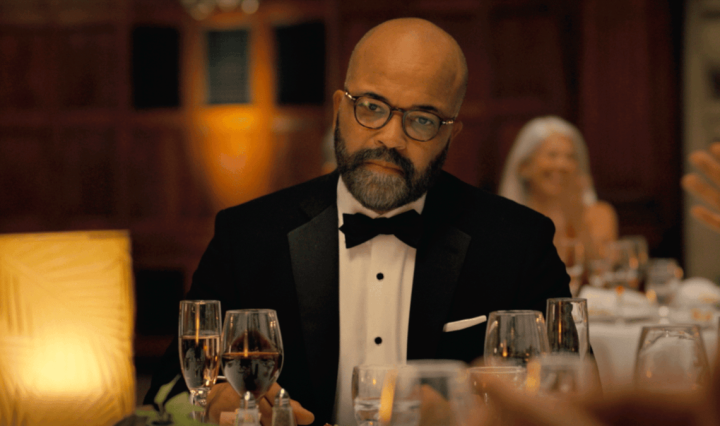
Anatomy of a Fall
Anatomy of a Fall looks and sounds like a standard courtroom drama. It opens with a startling scene, where a young boy named Daniel (Milo Machado-Graner) returns from a walk with his dog to find his father dead on the snowy ground outside the chalet where his family lives. Daniels’ mother Sandra (Sandra Hüller) rushes outside and calls for an ambulance. When the police arrive, she explains that she was asleep when Samuel (Samuel Theis) jumped to his death. The police, however, don’t buy her story. After analyzing the crime scene and digging into Samuel’s past, they conclude that Sandra pushed her husband to his death. Charges are filed against her, and the resulting trial includes the requisite scenes of prosecutor/witness pyrotechnics. On this level, the story would serve as a gripping episode of Law & Order: The French Alps.
Continue reading “Anatomy of a Fall”

